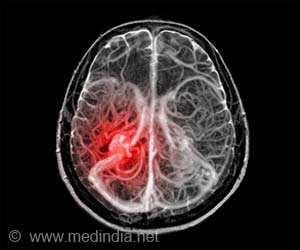A new study published in the journal Nature has found that Gene therapy, which is used to treat children who possess no immune system could cause cancer.
A new study published in the journal Nature has found that Gene therapy, which is used to treat children who possess no immune system could cause cancer. US researcher, citing an animal study say that the treatment is used for children with X-SCID is more risky than previously thought.
However, experts from Great Ormond Street where nine children with the disease were successfully treated say that gene therapy in low doses does not cause any problems. They were of the opinion that the other studies used unnaturally high doses of the gene.Gene therapy has had a mixed response with a French trail halted as three children developed leukemia. US researchers say this therapy, which inserts genes into the system damages healthy cells and causes cancer. X-SCID is a disease that develops due to the presence of a mutation in the IL2RG gene. This gene is responsible for the presentation of a protein that is vital to the development of several immune cells.
In the current study, a team of researchers from the Salk Institute for Biological Studies in La Jolla, California studied the effect of infecting the IL2RG gene into mice over a long period of time. The mice were injected with the same gene used to treat X-SCID and were followed for a period of 18 months. Researchers found that a third of the mice developed lymphoma within 10 months. 'We were surprised by the strength of the association,' said Dr Neils-Bjarne Woods, one of the scientists who carried out the research. 'These results suggest that curing X-SCID by replacing IL2RG in the manner it is currently being done puts patients at an increased risk of developing cancer.'
A French trial was halted after three children developed T-cell leukemia in 2002. Two cases developed since the IL2RG incorporated itself next to a cancer-causing gene, but the reason for the third case remains unknown. The Salk Institute researchers say that they could offer an explanation as to why this was happening.
'The bottom line here is that if you replace a gene that has multiple effects, you have to know more about its regulation and its ability to affect other genes, and that requires extensive preclinical work and a much more careful analysis,' said lead researcher Professor Inder Verma.
The gene therapy team at Great Ormond Street Hospital said that the study was not helpful, 'This is a very preliminary study published in an incomplete form. The researchers have taken artificially high doses of these genes and given them to animals. I'm not sure how it is relevant to human treatment,' said Professor Adrian Thrasher. 'We know already that, in lower doses, the gene therapy does not have that effect.'








